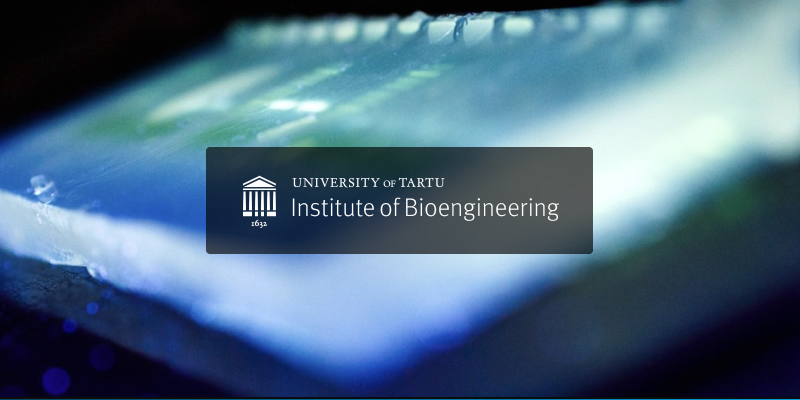On 1 January, the Institute of Bioengineering was established at the University of Tartu, with Professor Mart Loog serving as Acting Director. The institute is part of the Faculty of Science and Technology, with premises located in Chemicum (Ravila 14a) and in the building at Nooruse 1.
The Institute of Bioengineering was founded with the support of the European Commission and the Republic of Estonia under the Teaming for Excellence measure, within the framework of the DigiBio project. Its mission is to advance bioengineering and enhance knowledge transfer. “Thanks to the DigiBio project, and through the institute’s new units, laboratories, and partnerships, it will be possible to develop a sustainable and world-class research centre. The core focus of the institute’s work is the genetic design, construction, and application of cells used in biotechnology,” Loog added.
The institute will establish a bioengineering test platform for large-scale data collection, units dedicated to the digitalisation of bioengineering, and a technology transfer unit.
Research groups from the Institute of Technology led by Professor of Molecular Systems Biology Mart Loog, Professor of Applied Virology Andres Merits, Professor of Molecular Plant Biology Hannes Kollist, and Associate Professor of Gas Fermentation Technologies Kaspar Valgepea, together with their staff and students, will transfer to the new institute. The core laboratory of wood chemistry and bioprocessing will also become part of the institute.
The institute will contribute to teaching by offering the English-language bachelor’s programme in Science and Technology, coordinated by Associate Professor of Molecular Biology Ilona Faustova, and by co-managing the master’s programme in Bioengineering in cooperation with the Institute of Technology. Doctoral students and junior researchers whose primary supervisors belong to the Institute of Bioengineering as of 1 January 2024 will also join the new institute.
Partners of the Institute of Bioengineering include the Novo Nordisk Foundation Center for Biosustainability at the Technical University of Denmark and the bioengineering laboratories at Tallinn University of Technology.
